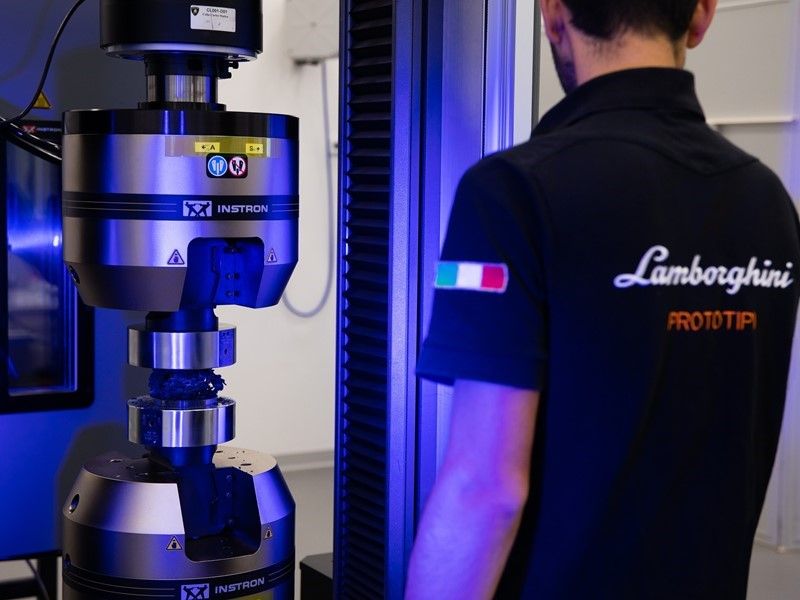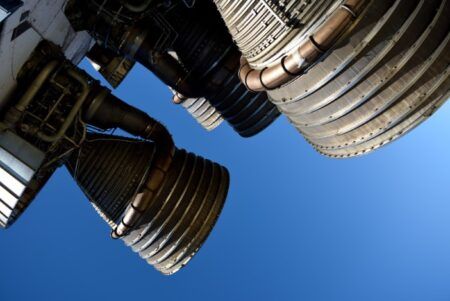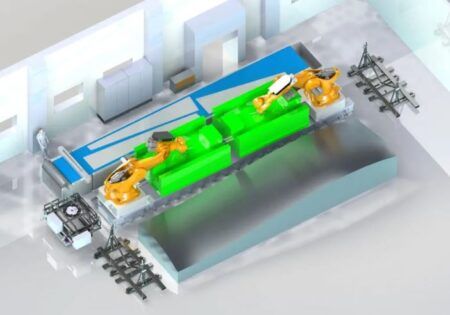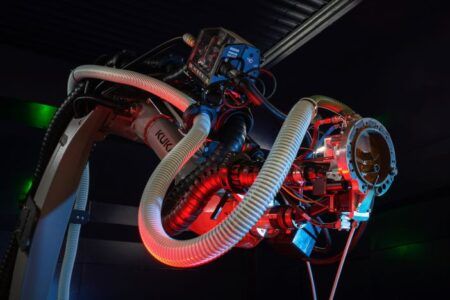Automobili Lamborghini is to test the performance of several carbon fiber materials on the International Space Station as part of a research project considering the material’s suitability for use in future automotive and medical applications.
The joint research program, which is being the Houston Methodist Research Institute, was started two years ago. As part of the project, early next month, a Northrop Grumman Antares rocket is scheduled to launch from Wallops Flight Facility in Virginia, USA to the International Space Station (ISS), carrying with it the series of sample composite materials produced by Automobili Lamborghini.
The testing campaign’s aim is to analyze the response of the five different composite materials under the extreme stresses induced by the space environment.
Stefano Domenicali, chairman and CEO of Automobili Lamborghini said, “Lamborghini is breaking ground as the first automaker in the world to conduct carbon fiber materials science research on the ISS. In addition to representing an important example of corporate social responsibility, this mission is also fully in line with our philosophy and values. Lamborghini is a brand that has always been committed to going beyond limits in every area of its activity and to being a pioneer in the realm of technology.”
Research focus
The composites have been developed by Lamborghini’s “Centro Sviluppo Compositi” (Composites Development Center) and its ACLSD (advanced composites and lightweight structures development) laboratory located at the Sant’Agata Bolognese headquarters in Italy.
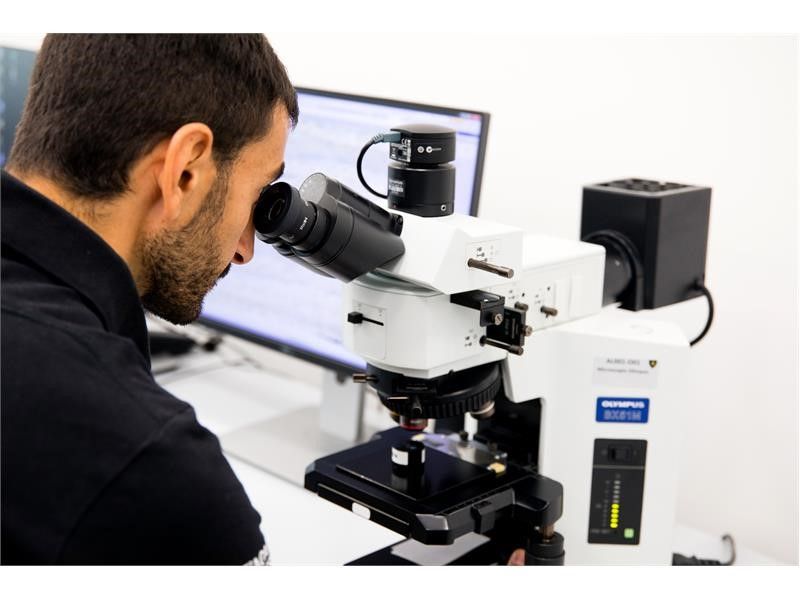
Of particular interest is a 3D-printed continuous-fiber composite, which makes it possible to combine the extreme flexibility of “additive manufacturing” with high-level mechanical performance, equal to that of a good quality aluminum for structural uses, says Lamborghini.
An important role in the experiment is also played by the discontinuous-fiber composites, a technology in which Lamborghini has been a pioneer since the launch of the “Sesto Elemento” limited series in 2010 and whose use is now a consolidated practice over the company’s entire product range.
Finally, the experimental batch also includes samples made of pre-impregnated epoxy resin and autoclaved polymer fabric, a traditional technology but still at the top in terms of mechanical characteristics.
The materials will be on board the ISS for a period of six months, during which they will be subjected to extreme thermal excursion cycles with peaks from -40 to +200 degrees centigrade. They will also be exposed to massive doses of ultraviolet radiation, gamma rays, and the flow of atomic oxygen caused by ionization, on the part of solar radiation, of the highest and most rarefied layers of Earth’s atmosphere.
Once returned to Earth the samples will undergo joint testing by Automobili Lamborghini and the Houston Methodist Research Institute in order to quantify the qualitative degradation in terms of both chemical and physical properties and mechanical properties. For Lamborghini, in particular, the data obtained will be valuable in view of an even more extensive use of advanced composites on its cars.



